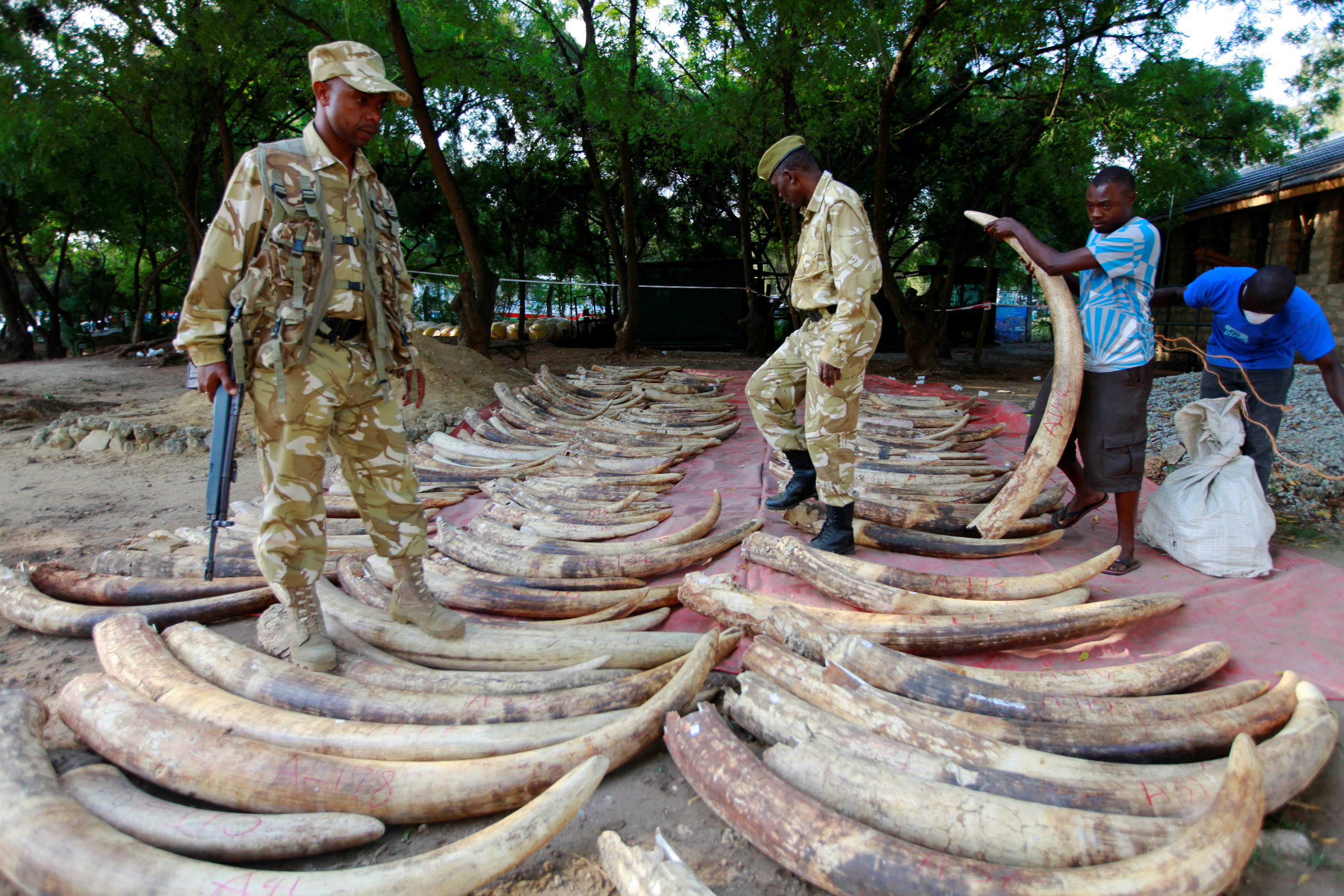This Woman Killed Hundreds Of Elephants For Their Ivory. Cops Finally Caught Her.

Credit to Author: Edoardo Liotta| Date: Fri, 22 Feb 2019 14:37:23 +0000
This article originally appeared on VICE ASIA.
With the help of two Tanzanian men, Yang Fenlan’s criminal network smuggled 860 pieces of ivory, worth US$5.6 million from Africa to Asia. Fenlan moved to Tanzania in the 1970s, and built herself an impressive portfolio as a businesswomen. As a fluent Swahili-speaker, she was not only secretary-general of the Tanzania China-Africa Business Council, but the owner of a popular restaurant and an investment company as well. Evidently, this wasn’t enough to fulfill her appetite, as over 350 elephants were purged for her endeavours, according to Reuters.
Court documents revealed that Yang organized, managed and financed a criminal network in order to collect and export ivory. Doing this at the age of 69 makes Fenlan quite the Pablo Escobar of the endangered animal trade, only this time, the Tanzanian government is not looking to make any deals.
Her chances of seeking help from the home country appear grim as well. The Chinese government has backed her arrest, claiming it will not shield the illegal activities of Chinese citizens abroad. This comes hand in hand with a greater effort on behalf of the Chinese government to protect endangered wildlife, which has implemented a total ban on ivory products last year. Similarly, Tanzania has reflected a strong stance on ending the recurrence of similar cases, TIME reports. Tanzania imprisoned four Chinese men in 2015 and two Chinese men in 2016 for smuggling ivory and rhino horns respectively.
To some, the sentencing of Fenlan and her partners might point to a brighter future for wildlife conservation, but in reality, her ring was only one player in a larger, global network. Animal poaching is not set to become something of the past anytime soon. High demands for ivory, particularly in Asian countries such as China, have caused an increase rate of poaching across Africa. Ivory is popularly used in ornaments and jewelry, and sometimes even in traditional Chinese medicine. The elephant population of Tanzania dropped by more than 50% between 2009 and 2014 alone, from 111,000 to 43,000 in numbers, reports the Telegraph. This is largely due to loopholes in the local laws of countries including Japan, Hong Kong and Singapore which still fuel the international trade.
As Yang settles into the Ukonga prison where she will serve her time, the collapse of her empire sends warning ripples to those still poaching today. Her case might act as a deterrent, but it is unlikely to be the last of its kind until Asia takes a unified stance against the trade of endangered goods.
This article originally appeared on VICE ASIA.